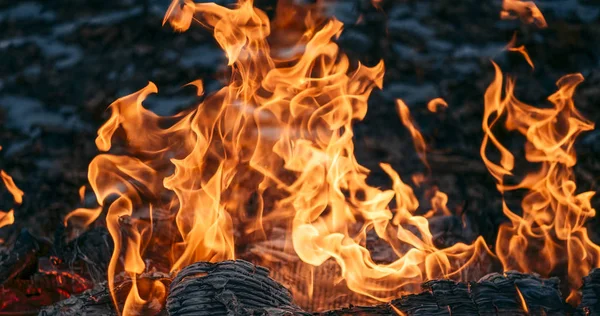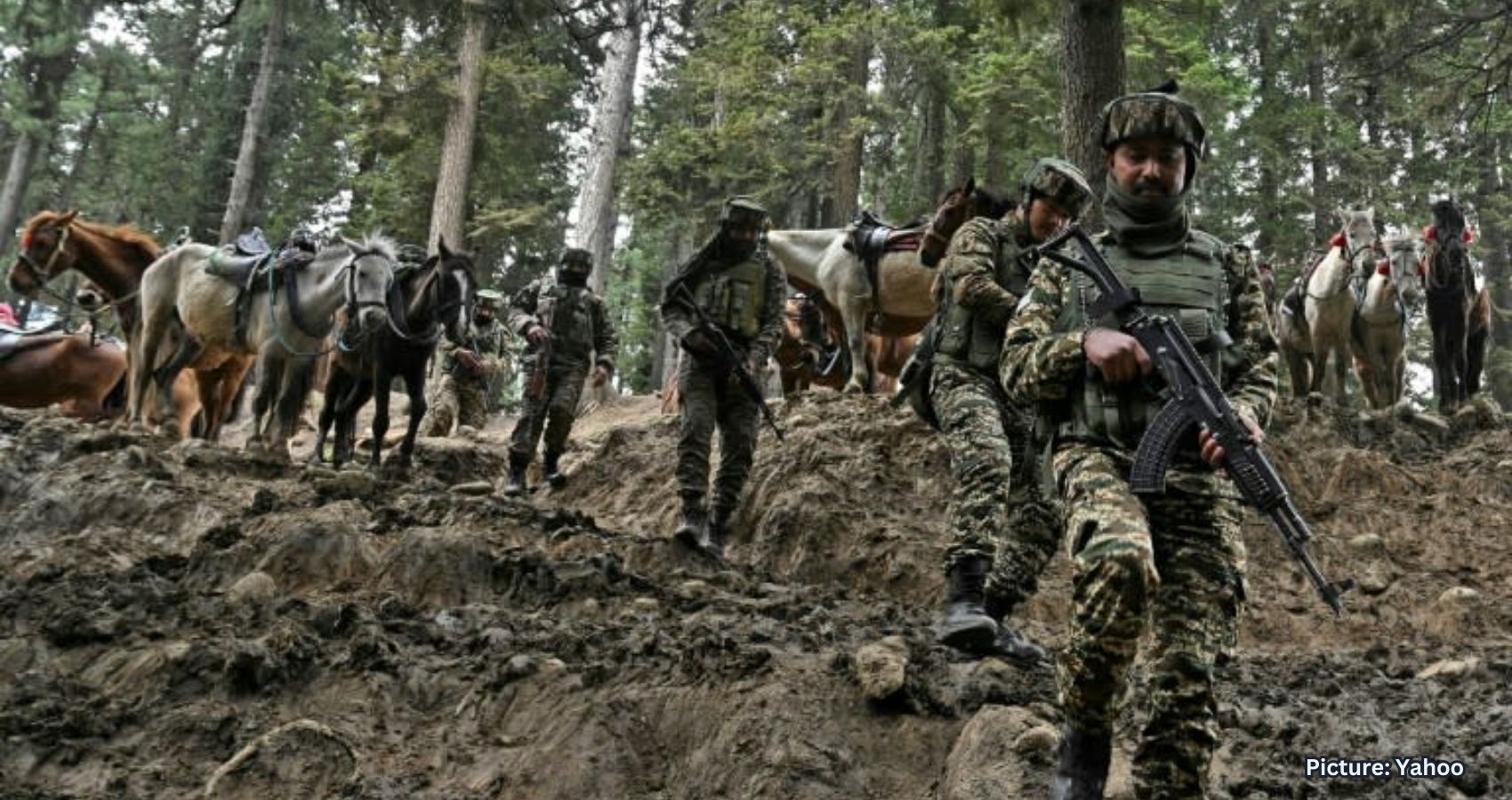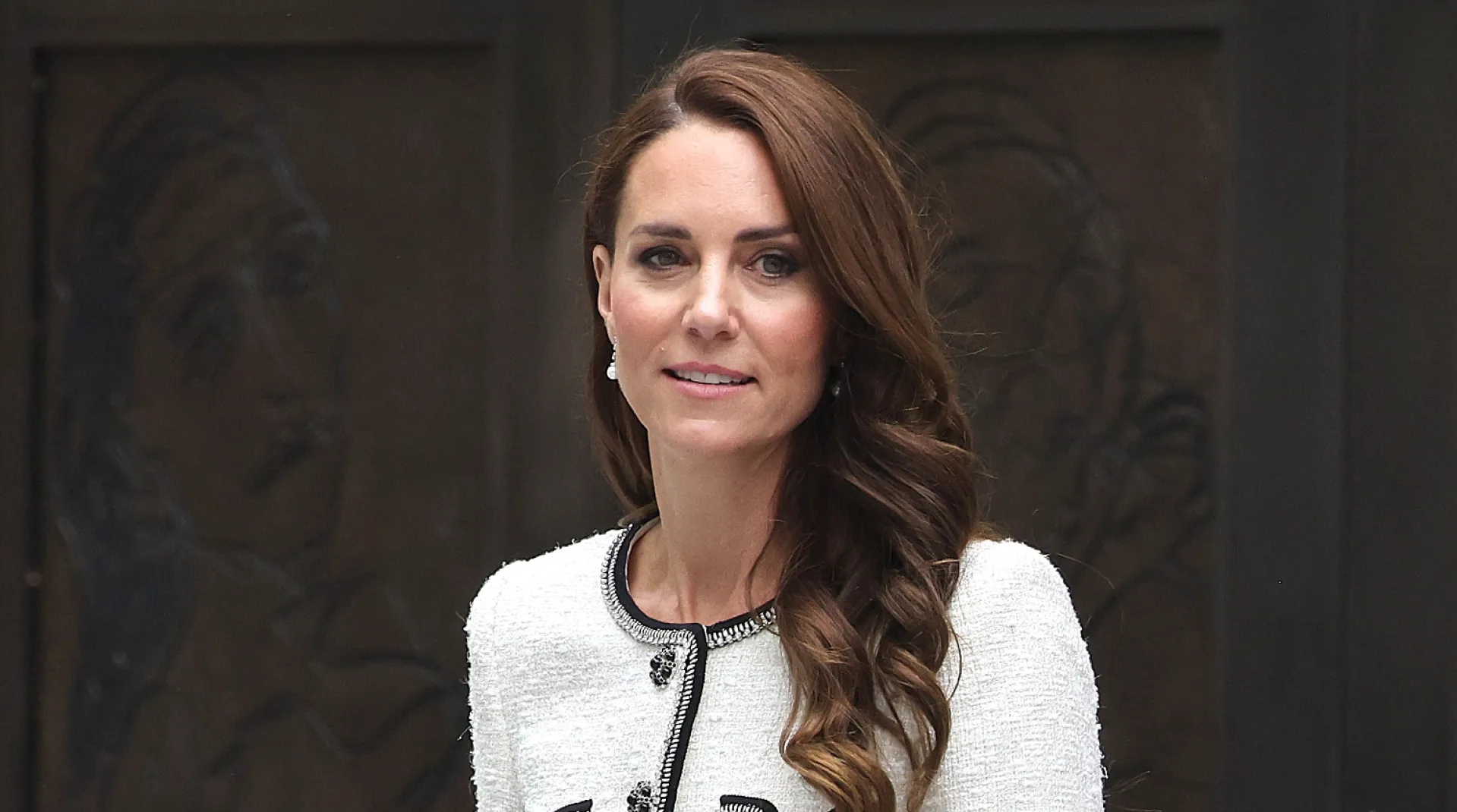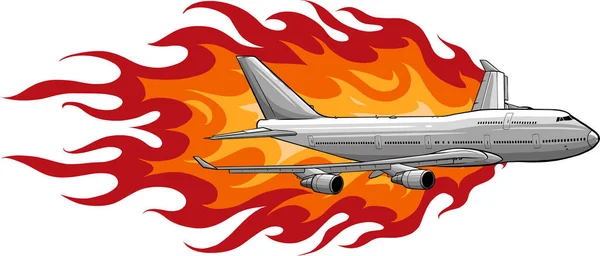After the Bloodshed in Pahalgam: India Clamps Down on Pakistan Amid Rising Tensions
After the Bloodshed in Pahalgam: India Clamps Down on Pakistan Amid Rising Tensions

In the aftermath of a brutal gun attack that left 26 people dead in Pahalgam, a popular Himalayan tourist spot in Indian-administered Kashmir, India has swiftly enacted a series of retaliatory measures against Pakistan. These include the immediate closure of the primary border crossing between the two nations, the suspension of a decades-old water-sharing agreement, and the expulsion of Pakistani diplomats stationed in India.
The incident, which unfolded on a Tuesday, marked one of the deadliest assaults in the Kashmir region in recent memory. Gunmen opened fire on groups of vacationers, causing widespread panic and devastation. Witnesses recounted scenes of horror as families, many with children, tried to flee the sudden and chaotic attack. While some reports suggest non-Muslims were the targets, others believe the shootings were indiscriminate.
India's government reacted with fury, publicly holding Pakistan indirectly accountable for the violence. Citing ongoing support for cross-border terrorism, India demanded that Islamabad cease harboring and aiding extremist groups — an accusation Pakistan continues to reject. The Indian government has also revoked certain Pakistani visas, giving holders a 48-hour deadline to exit the country.
As tensions mounted, India pointed to a little-known militant faction, the Kashmir Resistance, as the likely perpetrators behind the massacre. While security agencies continue their investigation and search operations for the attackers, international news organizations have yet to independently verify these claims. Indian officials, however, remain firm in linking the group to Pakistani-based networks.
In response to India's crackdown, Pakistan's government announced that its National Security Council — the highest decision-making body on defense matters — would convene to discuss the situation. Meanwhile, Pakistan’s foreign ministry expressed sympathy for the victims, stating its concern over the lives lost but refuting any involvement in the attack.
India has also intensified diplomatic pressure, ordering Pakistani military advisers at the Delhi embassy to leave immediately. Further expulsions are anticipated in the coming week as the Indian government reinforces its position. A government statement emphasized that not only will the attackers be pursued, but so too will those who may have orchestrated the assault from afar.
Defence Minister Rajnath Singh took an even stronger stance, suggesting India’s response would extend beyond the individuals directly involved in the attack. He vowed that those “sitting behind the scenes” and planning such operations on Indian soil would also face consequences. This broader approach signals India’s intent to hold accountable not just militant groups, but any state actors suspected of complicity.
The Pahalgam massacre has drawn condemnation from leaders around the world, with many expressing solidarity with India and the families of the victims. The attack has fueled outrage across the country, prompting calls for justice and stronger national security. The sorrow has also been tinged with fear, as many fear this event could escalate already volatile India-Pakistan relations.
Despite the growing religious speculation, the Indian government has not yet confirmed whether the victims were targeted based on their faith. Most of those killed were Hindu men, although a local Muslim man was also among the deceased. The ambiguity surrounding the motive further complicates an already fragile and deeply rooted conflict in Kashmir.
What's Your Reaction?
















:format(webp)/cdn.vox-cdn.com/uploads/chorus_image/image/70136881/1347078605.0.jpg)




